Thanksgiving just hasn’t been the same since 2020. On that very day, November 26th of that year, the epic life of saxophonist and flutist Herman Green came to an end. Covering it at the time, the Memphis Flyer quoted Richard Cushing, who co-founded the band FreeWorld with Green, reporting that his friend and bandmate had passed away “at home, surrounded by family, listening to Coltrane.”
That one comment spoke volumes about the deep commitment to jazz Cushing shared with Green, capturing Cushing’s concern for what his bandmate was hearing in his final hours. And it was indicative of how a deep love of jazz marked FreeWorld’s earliest days. Of course, anything involving Green, who once played with the likes of B.B. King, Lionel Hampton, and John Coltrane, among many others, was bound to tap into a direct throughline to jazz at its deepest. And yet, FreeWorld has never been considered a jazz band, per se.
Not that the players themselves care much for labels. Over more than three decades, the band has perfected a cheerful amalgam of influences, noting the influence of artists from Steely Dan to the Meters to the Grateful Dead on their website. Or, as one writer put it, “the best of Memphis, New Orleans, and San Francisco.” That combination, with a strong common denominator of funk and soul, has been tested in the crucible of FreeWorld’s countless nights on Beale Street.
And you have to hand it to a band that can keep nine musicians working regularly: with its horn section and solid command of the funk vocabulary, it’s as close to the old Beale Street as we have these days, and, like Beale in its heyday, the crowd-pleasing big band also happens to host some great jazz players.

In that sense, the legacy of Herman Green shines on through FreeWorld, but it’s especially worth noting with the band’s new album, More Love, as it contains one of the purest musical tributes to Green I’ve heard, by way of one of his own compositions: “Red Moon.” Though not the obvious crowd-pleaser, to these ears it’s the crown jewel of the album.
Easing in quietly with saxophone evoking Green himself, it seems like noirish crime jazz, before kicking off into a Chicago-like groove that provides a superb bed for some virtuosic solos, including a Clint Wagner cameo on guitar and a dazzling jaunt on the Fender Rhodes piano courtesy erstwhile Memphian and FreeWorld alum Ross Rice. Finally, as the whole swanky arrangement comes to a close, we hear the voice of Herman Green himself, advising us on how to get to heaven.
Yet Green’s tune is not the only instrumental vehicle for these stellar soloists. “Rush Hour” and “Who Knew?” by sax player Peter Climie and “Color Trip” by keyboardist Cedric Taylor (both of whom shine, along with trumpeter Alex Schuetrumpf, throughout the album) are other standouts. And, speaking of noir, “11:11 on Beale” is a masterclass in atmospherics, featuring some very beat poetry by co-writer Benjamin Theolonius “IQ” Sanders. Ultimately, his monologue winds up with a promotional spiel of sorts: after introducing the band, he notes that they can be heard “every Sunday on Beale Street,” and, appropriately, that brings the instrumental odyssey back to the band’s bread and butter.
Those bread-and-butter tunes are here too, of course, with stomping grooves and singalong choruses aplenty. Indeed, the title song, sung by the inimitable Jerome Chism (who’s usually across Beale fronting the B.B. King’s Blues Club All-Star Band), takes “singalong” to a whole new level, as Chism’s soaring lead is backed by the Tennessee Mass Choir, directed by Jason Clark. That’s entirely appropriate if you consider “More Love” to be a kind of secular gospel, a non-denominational call for greater understanding from all our hearts.
Much of the other songs have the same positive message. There are no songs of lust, deception, or murder here — only testimonials to what one hopes are noncontroversial values of tolerance, empathy, and forbearance. Hippies can dream, can’t they? As Cushing sings on one track, “Why all this fussing and fighting? Stop all this killing and dying … The world we know is transforming, trees on fire, the water is warming … It’s time for justice to arise!”
Don’t be surprised if you hear the track during broadcast breaks for Democracy Now! in the near future. And, for such a song to come from Memphis, Tennessee, at this dark hour is a very welcome thing. The same could be said for FreeWorld’s single from 2021, titled “D-Up (Here’s to Diversity),” included here as a bonus track. As a band promoting both Herman Green’s memory and good ol’ wholesome, progressive values, I say more power to FreeWorld, and may they ever go viral.
FreeWorld will have a series of record release shows this Thanksgiving weekend, starting with Lafayette’s Music Room on Thursday, Nov. 28, 7 p.m.; followed by the Rum Boogie Cafe on Friday, Nov. 29, and Saturday, Nov. 30, 8 p.m.; and wrapping up with Blues City Cafe on Sunday, Dec. 1, 8 p.m. The band will also host a listening party at the Memphis Listening Lab on Tuesday, Dec. 17, 6 p.m.

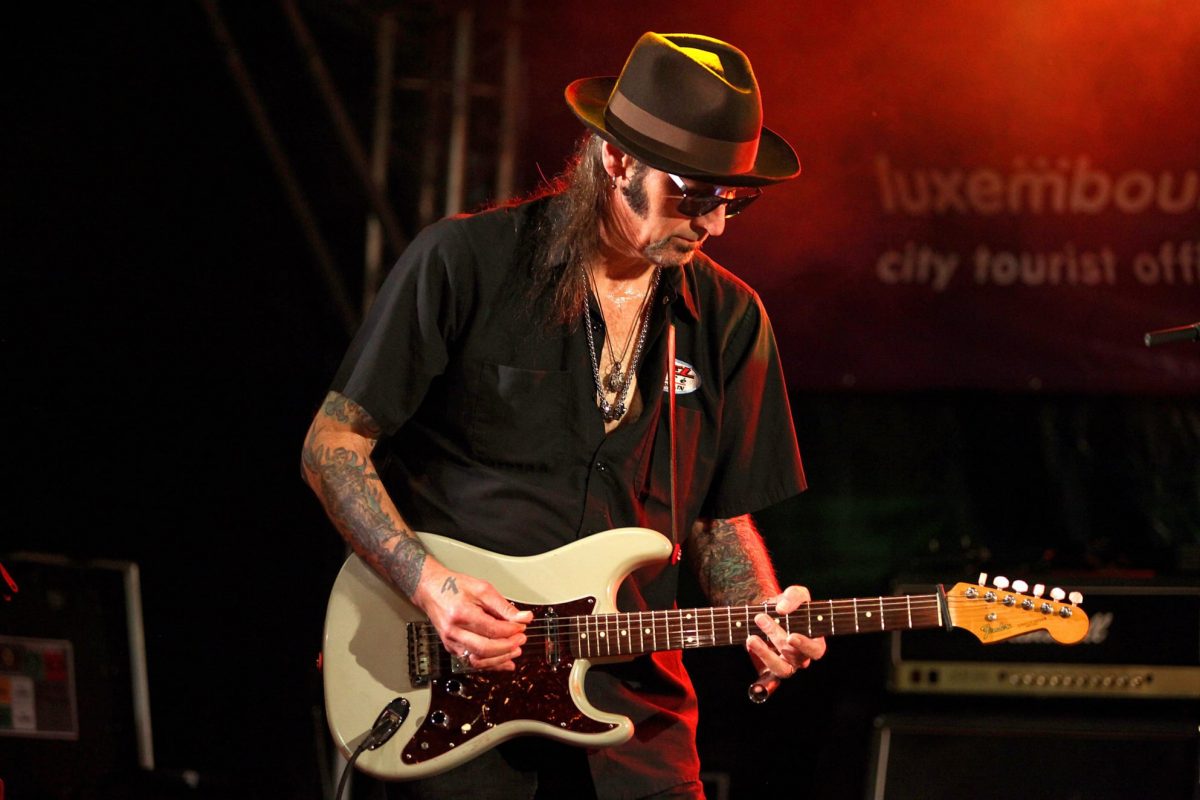
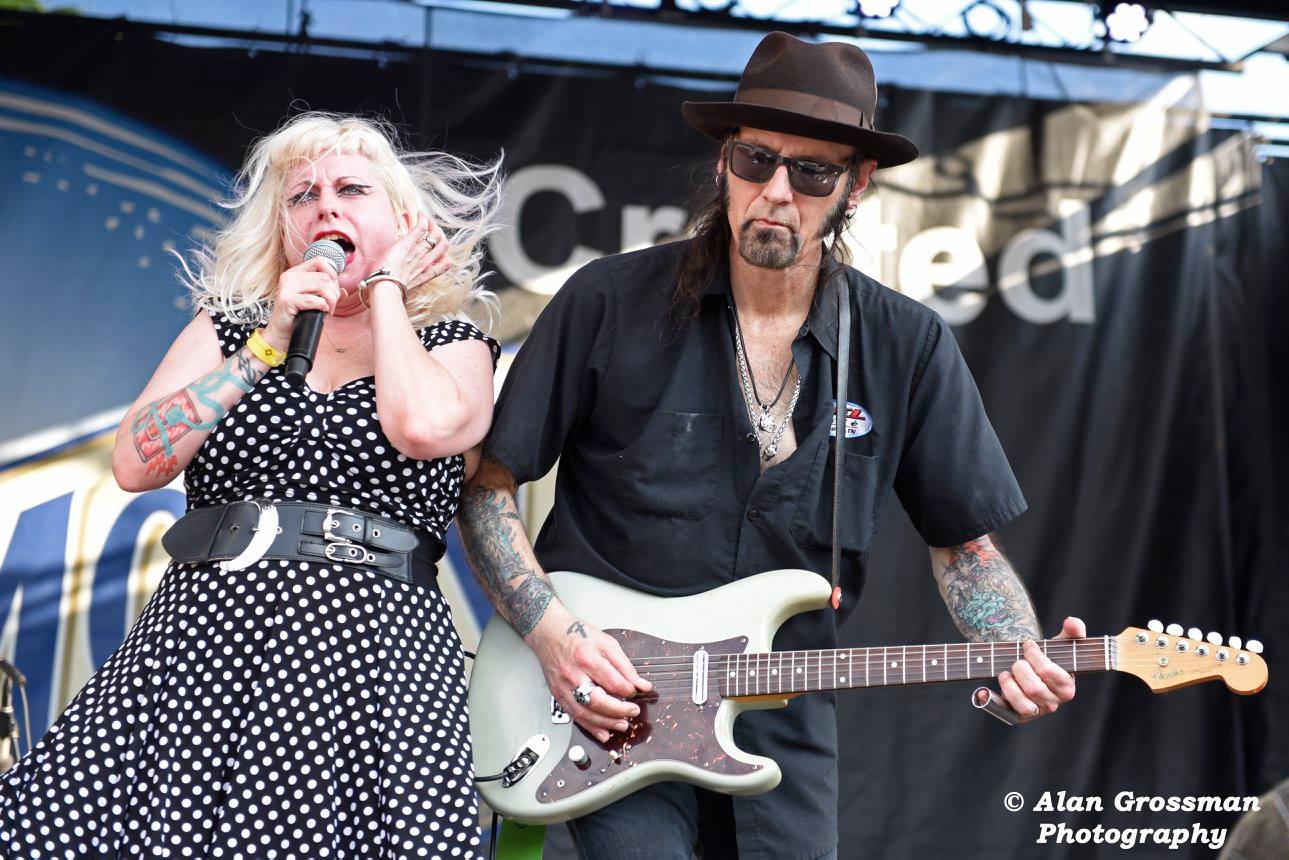
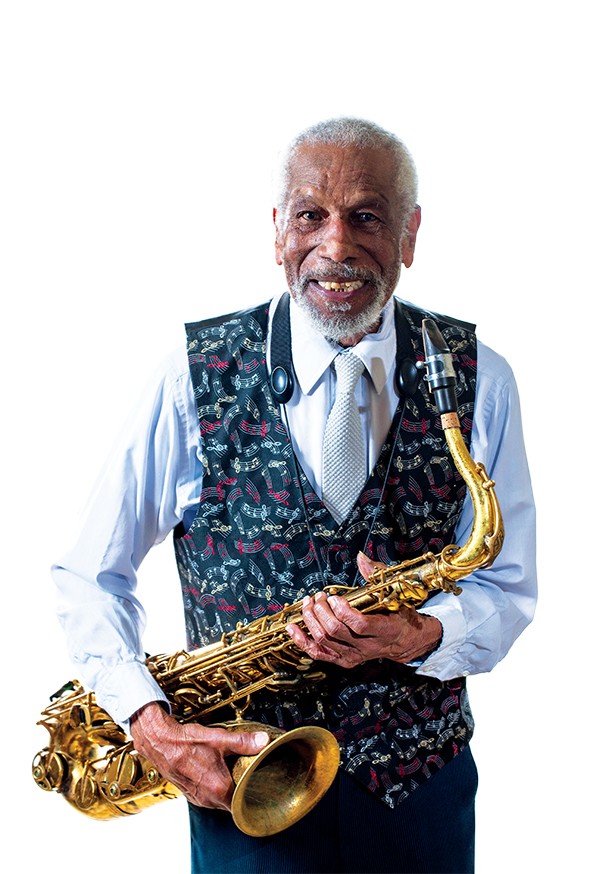 Justin Fox Burks
Justin Fox Burks 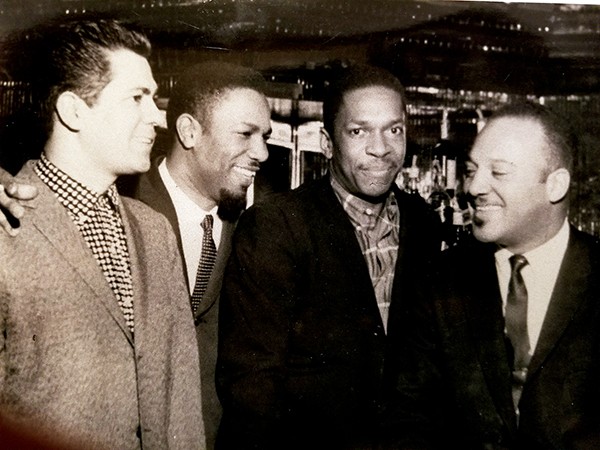
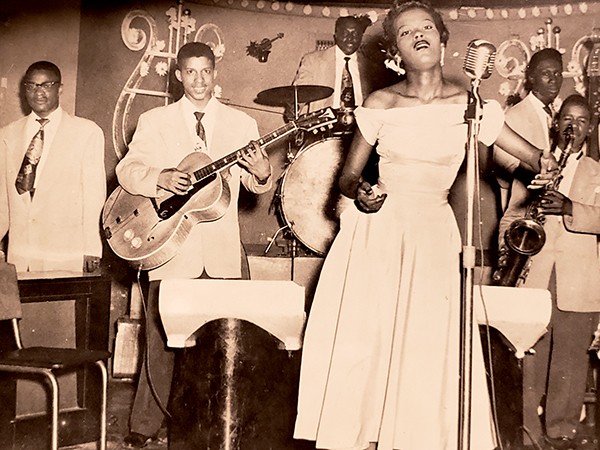 Photo Courtesy of Jadene King
Photo Courtesy of Jadene King  Justin Fox Burks
Justin Fox Burks  Justin Fox Burks
Justin Fox Burks